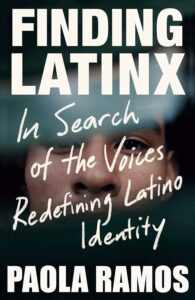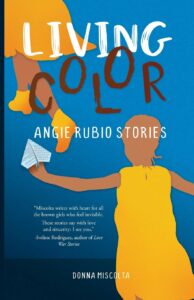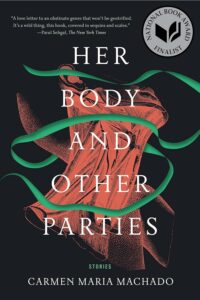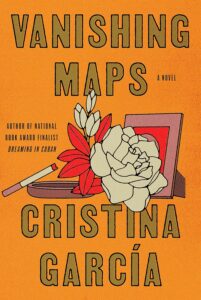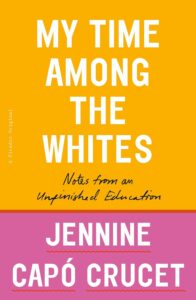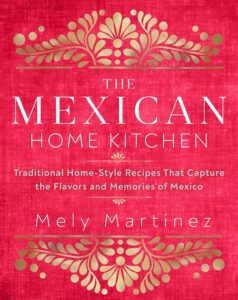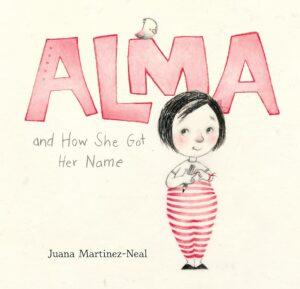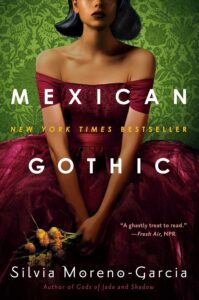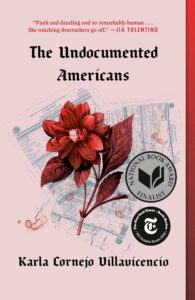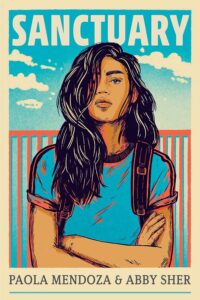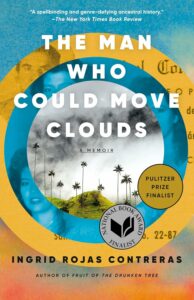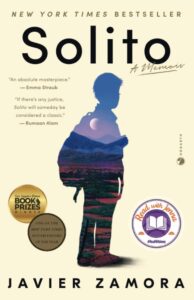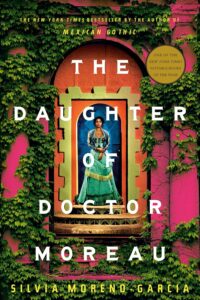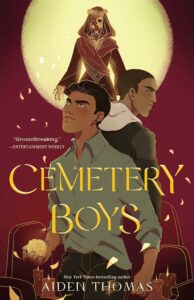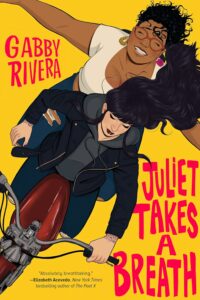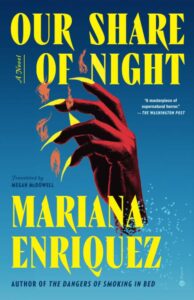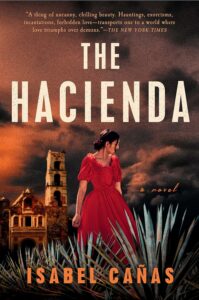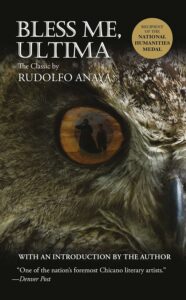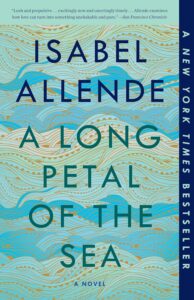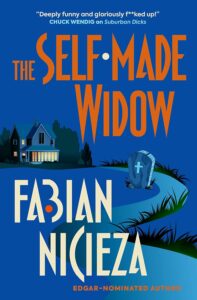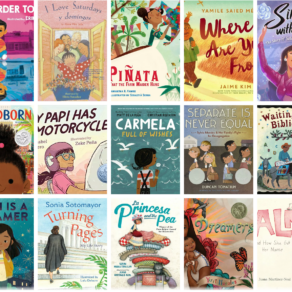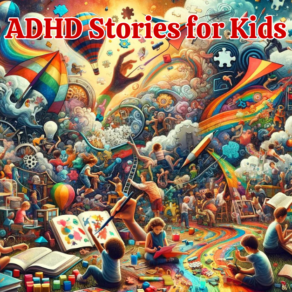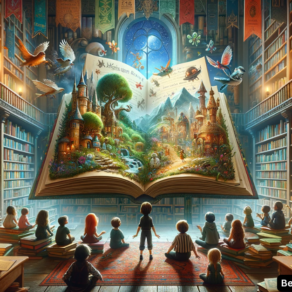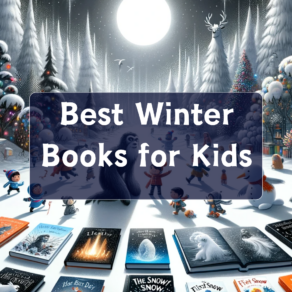Books for Hispanic heritage month are the topic of our blog post today!
In the spirit of Hispanic Heritage Month, I’ve curated a list of literary gems to celebrate the rich tapestry of Hispanic culture and experience. Books have the power to transport us into worlds and lives far different from our own, and in doing so, they help us understand and appreciate those differences.
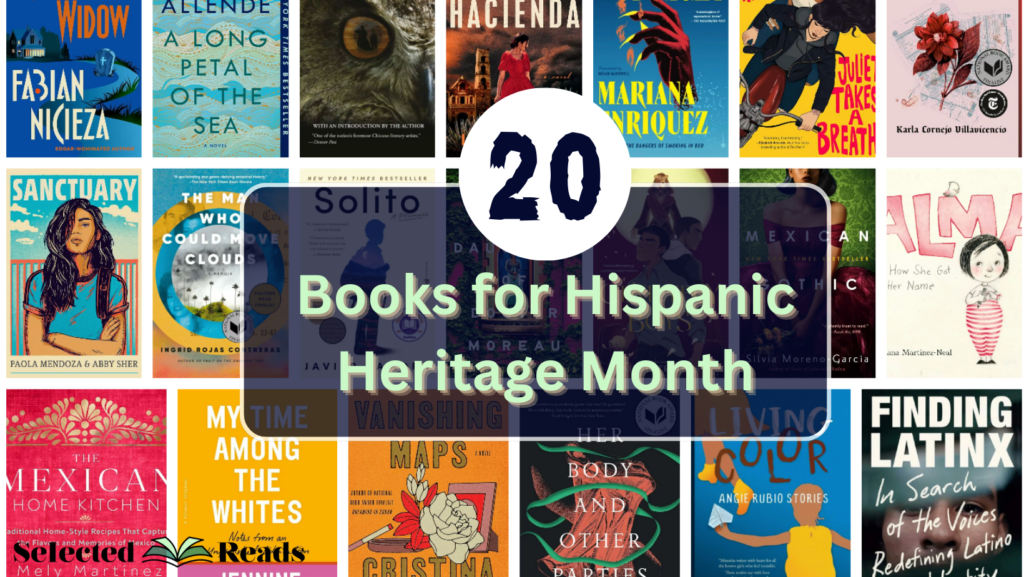
Embracing our individual identities and cultures is a cornerstone for building a truly inclusive society. This belief isn’t just academic to me; it’s a principle that guided my 15 years in the classroom and continues to shape my work as an educational researcher. We need to instill in our kids the values of tolerance and acceptance, teaching them to celebrate, not just tolerate, other people’s ways of living and cultural backgrounds.
By doing so, we contribute to shaping an environment where all ethnicities and cultures can mingle and live harmoniously. So, let’s explore this reading list that pays homage to Hispanic voices, stories, and traditions. And if you’re looking for even more, be sure to check out my other post on Hispanic Heritage Month books for kids. Enjoy the read, and happy Hispanic Heritage Month!
Books for Hispanic Heritage Month
Here are our top picks for books for Hispanic heritage month:
1. Finding Latinx: In Search of the Voices Redefining Latino Identity, by Paola Ramos
The word “Latinx” is a term that’s sparked more debate than you’d think a six-letter word could. Paola Ramos takes you on a literal journey through America to meet the diverse community that identifies with, or simply questions, this term. This book is far from being just about semantics; it’s about voices often marginalized. Ramos doesn’t just spit facts at you; she shares personal stories, diving deep into communities fighting for reproductive rights in Texas, migrant workers in New York, and even those detained at U.S. borders. The crux? This book urges us to rethink the traditional boundaries of Latino identity, pushing it towards a more inclusive ‘Latinx.’
View it on Amazon and Bookshop
2. Living Color: Angie Rubio Stories, by Donna Miscolta
Meet Angie Rubio, a young Mexican-American girl navigating the ups and downs of growing up in ’60s and ’70s California. This book is so much more than a coming-of-age tale; it’s a commentary on racial and societal norms that many of us, unfortunately, grew up with. Miscolta beautifully captures the nuances of growing up as a person of color, set against the larger socio-political landscape. Angie slowly learns to use her voice, something I encourage all students to do, reminding us that it’s never too late to define your worth.
View it on Amazon and Bookshop
3. Her Body and Other Parties: Stories, by Carmen Maria Machado
Carmen Maria Machado effortlessly blends different genres to discuss a subject we all know needs more attention — the experiences of women. These stories oscillate between the fantastical and the horrific, using elements from psychological thrillers, science fiction, and even comedy. What stands out is the raw exploration of the societal and self-inflicted violence on women’s bodies. To put it straight, Machado rips apart the conventional frames through which we often view women’s experiences and sews them back together into something hauntingly beautiful.
View it on Amazon and Bookshop
4. Vanishing Maps: A novel, by Cristina García
If you’re looking for an expansive family saga, look no further. The Cuban diaspora serves as a backdrop to the struggles of a family grappling with their transnational identities. This book touched a chord with me as it delves deep into the complexities of belonging, particularly when you’re away from your roots. What really intrigued me was how each family member tries to carve out a sense of ‘home’ in different parts of the world—Berlin, Los Angeles, Moscow, and of course, Havana. This book serves as a poignant reminder that home isn’t just a place; it’s a constant search that often involves negotiating with your own history.
View it on Amazon and Bookshop
5. My Time Among the Whites: Notes from an Unfinished Education, by Jennine Capó Crucet
We’ve all had moments where we felt like outsiders in our own lands, haven’t we? Jennine Capó Crucet takes this universal feeling and magnifies it through the lens of a first-generation American. The essay collection is a raw look at what it means to be the ‘other’ in America, despite being born here. It reflects many of my own experiences in understanding how marginalized communities can sometimes feel in a country that’s supposed to be a melting pot. Crucet makes you laugh, makes you squirm, and most importantly, makes you think about the intricate dynamics of race and identity in America.
View it on Amazon and Bookshop
6. The Mexican Home Kitchen, by Mely Martínez
Mely Martínez’s book is more than just a cookbook—it’s a heartfelt homage to Mexican culture, traditions, and culinary heritage. Stemming from her own upbringing in Tampico and her summers at her grandmother’s farm in Veracruz, the book is a compilation of authentic Mexican recipes from stews and mole to salsas and desserts. The stunning photography enhances the reader’s connection to the dishes. Martínez started her blog, Mexico in My Kitchen, to document these recipes and to offer a resource for authentic Mexican cooking, making her book an extension of this love and labor. This book transcends mere cooking and goes into the realm of preserving culture and passing it down through the generations.
View it on Amazon and Bookshop
7. Alma and How She Got Her Name, by Juana Martinez-Neal
Juana Martinez-Neal’s “Alma and How She Got Her Name” is a treasure chest of culture, family history, and self-discovery, all wrapped up in a children’s book. Alma Sofia Esperanza José Pura Candela thinks she has too many names, but her father helps her see the beauty and history in each one. Through storytelling, she learns of her ancestors, each contributing a part of her name, and realizes the power of carrying their legacies. It’s an evocative story that not only children but also adults can relate to, especially when pondering about their own names and heritage.
View it on Amazon and Bookshop
8. Mexican Gothic, by Silvia Moreno-Garcia
Silvia Moreno-Garcia’s “Mexican Gothic” is a haunting tale set in the remote Mexican countryside, where the fashionable and determined Noemí Taboada finds herself entangled in a web of family secrets and supernatural occurrences. This isn’t your typical rescue mission. The book brilliantly melds elements of horror with cultural commentary, creating an atmosphere as thick and palpable as the walls of High Place, the eerie estate at the story’s center. As Noemí delves deeper into her cousin’s troubling situation and the mysteries of the old house, she is drawn into a terrifying world that tests the limits of her courage and resolve.
View it on Amazon and Bookshop
9. The Undocumented Americans, by Karla Cornejo Villavicencio
Karla Cornejo Villavicencio’s “The Undocumented Americans” is a potent tapestry of stories that go beyond the stereotypical narratives surrounding undocumented immigrants in America. Villavicencio, herself a DACA recipient, embarks on a journey to highlight the lives, struggles, and resilience of undocumented people, capturing everything from Ground Zero clean-up workers in New York to the healthcare disparities in Miami. She doesn’t just provide anecdotes but personalizes each story, breaking down the barriers of nameless statistics. The book is an unapologetic, raw account that challenges us to rethink our preconceptions and extend our empathy.
View it on Amazon and Bookshop
10. Sanctuary, by Paola Mendoza and Abby Sher
Set in a near-future America, “Sanctuary” by Paola Mendoza and Abby Sher offers a chilling yet compelling vision of a dystopian world where every citizen is tracked through chips, making the life of undocumented immigrants nearly impossible. When 16-year-old Vali’s family has to flee because of a faulty chip, the perilous journey to a sanctuary state in California becomes a race against time and oppression. The narrative takes a close look at the idea of sanctuary—what it means and what lengths people will go to find it or provide it for others. It’s a suspenseful, heart-wrenching story, and a cautionary tale that probes deeply into the essence of freedom, family, and humanity.
View it on Amazon and Bookshop
11. The Man Who Could Move Clouds: A Memoir, by Ingrid Rojas Contreras
If you’re enchanted by tales that walk the line between reality and the mystical, “The Man Who Could Move Clouds” should be on your radar. In this memoir, Ingrid Rojas Contreras takes us into her magical family history set against the backdrop of politically volatile Colombia. Her grandfather was a revered healer, and her mother inherited his mystical “secrets” of talking to the dead and manipulating reality. After Contreras experiences amnesia following a head injury in her twenties, similar to an episode her mother had, she takes a transformative journey back to Colombia to delve deep into her family’s layered past. The book serves as a beautiful testament to storytelling’s power to heal and invites readers to contemplate the extraordinary intricacies of inheritance, whether considered a gift or a curse.
View it on Amazon and Bookshop
12. Solito: A Memoir, by Javier Zamora
“Solito” is an eye-opening memoir by Javier Zamora that recounts his grueling three-thousand-mile journey from El Salvador to the United States as a 9-year-old boy. Expecting a two-week trip led by a “coyote,” Javier’s epic migration spans two arduous months filled with danger, arrests, and unexpected human connections. Though the journey is his, it encapsulates the experience of millions who have had to leave their homes for survival. This book is a potent illustration of the resilience and hope that can arise from the most dire of circumstances. The narrative is so vivid that it makes me reflect on the incredible emotional resilience some of my students have shown when faced with life’s harshest challenges.
View it on Amazon and Bookshop
13. The Daughter of Doctor Moreau, by Silvia Moreno-Garcia
“The Daughter of Doctor Moreau” is an engrossing hybrid of historical fiction and science fiction by Silvia Moreno-Garcia. It’s set on a lush estate far from the conflicts of the Yucatán peninsula, where Carlota Moreau, the daughter of a potentially mad scientist, lives in a world filled with hybrid human-animal creations. The arrival of Eduardo Lizalde, the carefree son of the estate’s financier, sets off a volatile chain of events that exposes secrets and ignites passions. Moreno-Garcia deftly explores the moral ambiguities of scientific experimentation in a historical context, making us question the ethics of unbridled innovation. It’s the kind of narrative that would make for an intriguing classroom debate on ethics in science and technology.
View it on Amazon and Bookshop
14. Cemetery Boys, by Aiden Thomas
“Cemetery Boys” by Aiden Thomas is an endearing tale that explores the intersection of gender identity, cultural heritage, and the afterlife. Yadriel, desperate to prove himself a genuine brujo to his traditional Latinx family, inadvertently summons Julian Diaz, the school’s rebellious bad boy, instead of his murdered cousin’s ghost. What begins as a quest to help Julian tie up some loose ends before moving on to the afterlife turns into a complex emotional journey. As they spend more time together, Yadriel becomes less eager to let Julian go. The story prompts some soul-searching questions about acceptance and what it means to belong, topics that are particularly poignant for anyone who’s struggled with identity and familial expectations. It’s a narrative that would open up valuable discussions about inclusion, particularly when integrating tech tools in the classroom that respect everyone’s identity.
View it on Amazon and Bookshop
15. Juliet Takes a Breath, by Gabby Rivera
Juliet Milagros Palante is a self-proclaimed closeted Puerto Rican baby dyke from the Bronx. Only, she’s not so closeted anymore. Not after coming out to her family the night before flying to Portland, Oregon, to intern with her favorite feminist writer–what’s sure to be a life-changing experience. And when Juliet’s coming out crashes and burns, she’s not sure her mom will ever speak to her again.
But Juliet has a plan–sort of. Her internship with legendary author Harlowe Brisbane, the ultimate authority on feminism, women’s bodies, and other gay-sounding stuff, is sure to help her figure out this whole “Puerto Rican lesbian” thing. Except Harlowe’s white. And not from the Bronx. And she definitely doesn’t have all the answers . . .”
View it on Amazon and Bookshop
16. Our Share of Night: A Novel, by Mariana Enriquez
In “Our Share of Night,” a father and son journey through a labyrinth of emotional and supernatural obstacles after the death of their beloved wife and mother. United in grief, they travel to her ancestral home, only to confront an insidious family cult known as the Order, which is obsessed with immortality. As Gaspar, the son, faces the pull of his dark destiny, the story moves across different timelines, integrating elements from Argentina’s oppressive history to London’s 1960s. With a blend of family dynamics, occult themes, and queer subplots, the novel serves as a complex mosaic of love, terror, and fate.
View it on Amazon and Bookshop
17. The Hacienda, by Isabel Cañas
“The Hacienda” by Isabel Cañas is a haunting gothic tale set against the backdrop of political unrest in Mexico. Beatriz, looking for stability after her father’s execution and the loss of her home, marries Don Rodolfo despite unsettling rumors about his previous wife’s untimely death. However, Hacienda San Isidro turns out to be far from the sanctuary she had envisioned, rife with mysterious symbols and eerie occurrences. Beatriz finds an unlikely ally in Padre Andrés, a priest with witch-like abilities, as they battle the malevolent force plaguing the estate.
View it on Amazon and Bookshop
18. Bless Me, Ultima, by Rudolfo Anaya
Rudolfo Anaya’s “Bless Me, Ultima” is a classic coming-of-age tale steeped in Chicano culture and mysticism. Six-year-old Antonio Marez’s life is forever changed when Ultima, a curandera or folk healer, comes to live with his family. Under Ultima’s guidance, Antonio explores his cultural and spiritual identity while grappling with questions about family, tradition, and the nature of good and evil. It’s a compelling read that evokes the richness of Latin American Catholicism alongside indigenous spirituality.
View it on Amazon and Bookshop
19. A Long Petal of the Sea: A Novel, by Isabel Allende
Isabel Allende’s “A Long Petal of the Sea” takes us on a turbulent journey from the Spanish Civil War to the refugee experience in Chile. Pregnant widow Roser and army doctor Victor Dalmau, bound together in a reluctant marriage, find solace and challenges as they escape fascist Spain aboard the SS Winnipeg, a ship chartered by the poet Pablo Neruda. The novel offers a poignant look at exile, resilience, and the continuous search for home against the backdrop of global upheaval.
View it on Amazon and Bookshop
20. The Self-Made Widow, by Fabian Nicienza
“The Self-Made Widow” by Fabian Nicienza follows Andie Stern, a former FBI profiler turned suburban mom, who can’t resist the pull of another mystery when a local husband is found dead. Teaming up with journalist Kenny Lee, Andie delves into a thicket of suburban scandals that may hit closer to home than she’d like. With a touch of humor and an insider’s view of suburban life, the story keeps you engaged, wondering what secrets lurk behind the façades of everyday lives.
View it on Amazon and Bookshop
Final thoughts
I hope you’ve found a title or two (or maybe more!) that piqued your interest and will deepen your understanding and appreciation of Hispanic culture. Celebrating Hispanic Heritage Month isn’t just about recognizing the contributions and influence of Hispanic Americans; it’s also an opportunity for self-exploration and broadening our perspectives.
Through the transformative power of storytelling, we can make strides in fostering a more empathetic and inclusive community. Reading can be a powerful act of resistance against ignorance and intolerance. So, get those library cards ready, fire up your e-readers, or head to your local bookstore to immerse yourself in these fantastic reads. If you’ve got young readers at home, don’t forget to check out my other post on Hispanic Heritage Month books for kids, to inspire the next generation as well.



